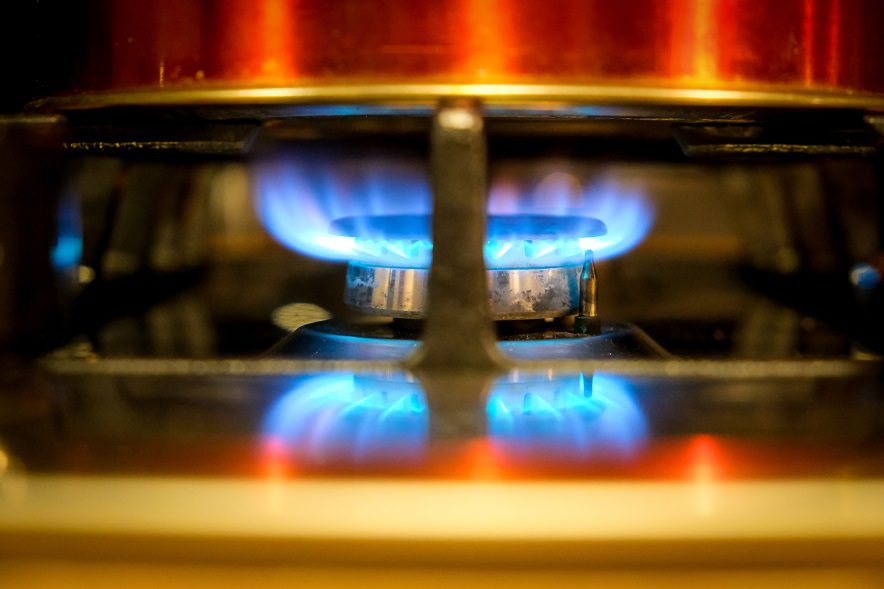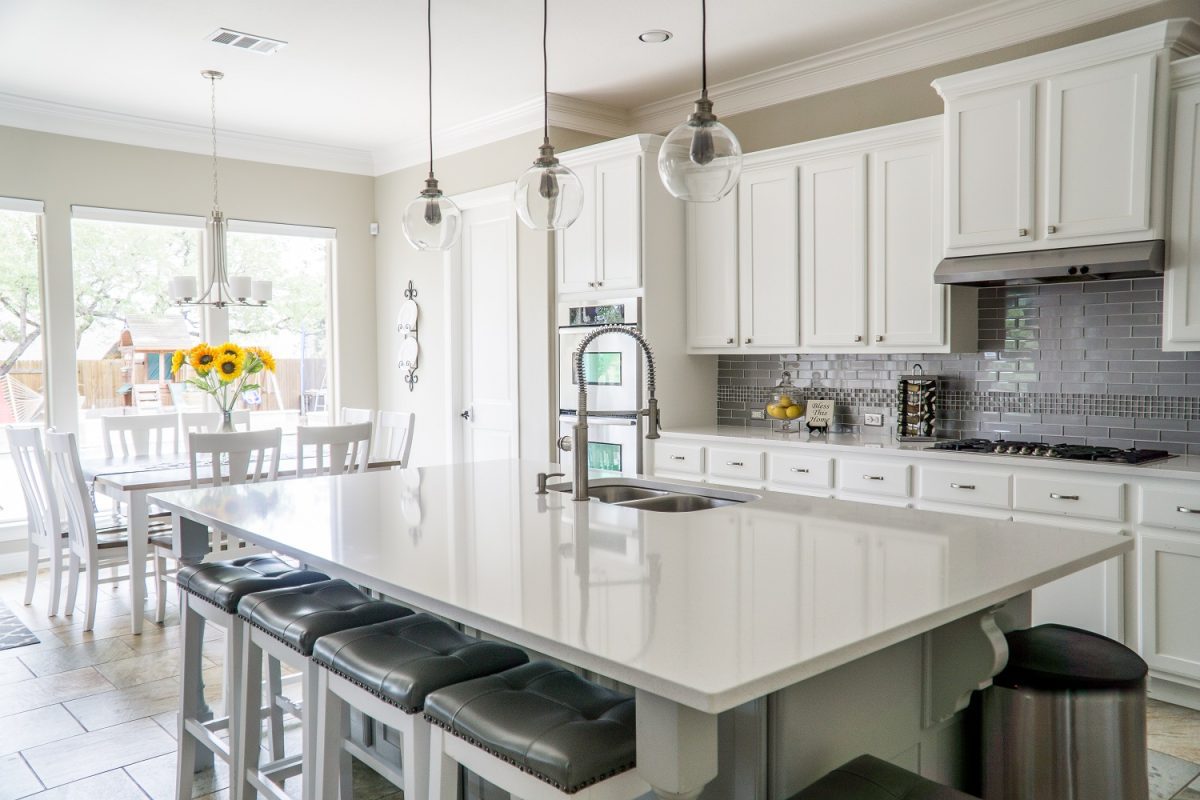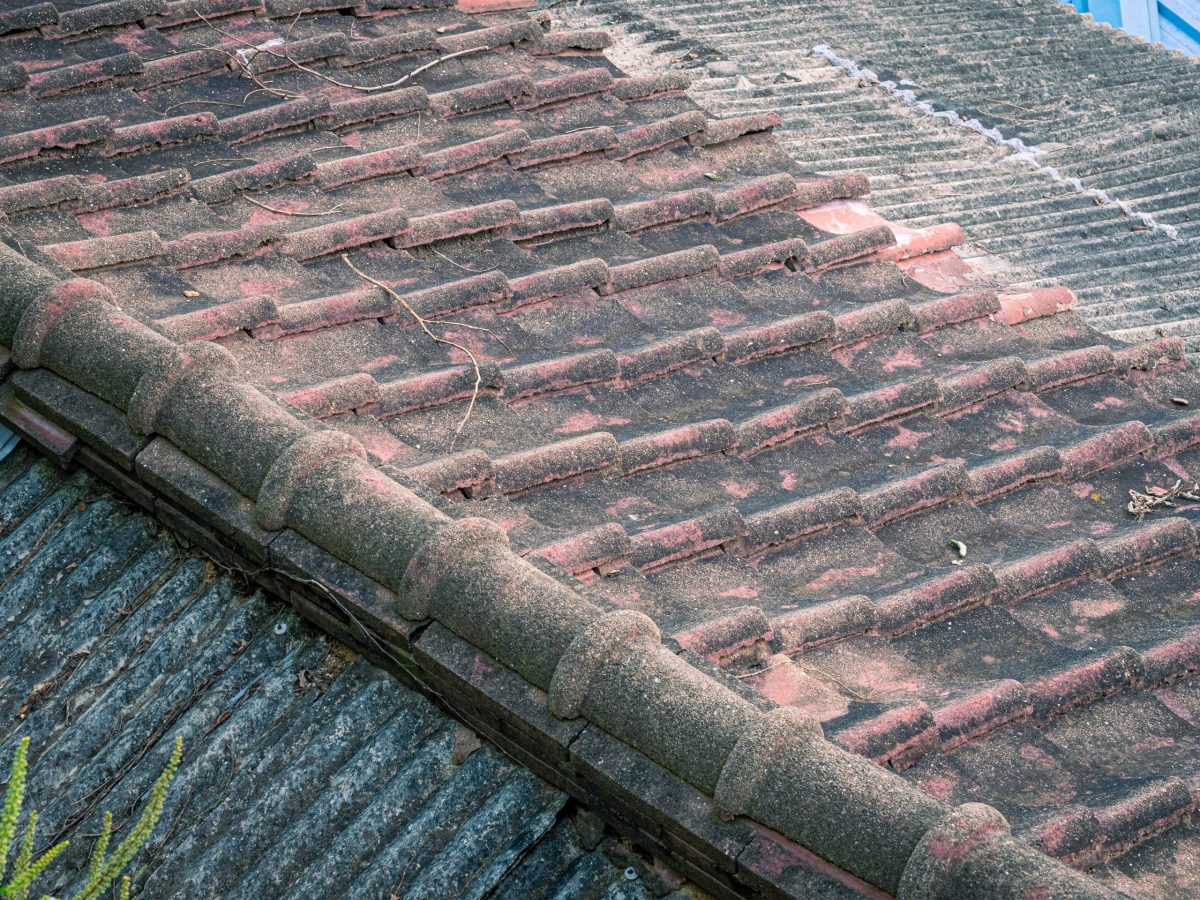From buying your first home to adjusting to home ownership, we’ve got you covered with everything you need to know!
- Preparing to buy
- Home loans – what you need to know
- How to find your dream home
- Adjusting to owning a home
Preparing to buy
1. Do a lifestyle audit
Before you buy a home you need to sit down and seriously audit your lifestyle – are you spending a huge amount of money on take-out lunches or are those sneaky late-night online shopping binges getting out of hand? It is best to be honest about where you can cut costs to ensure your cash flow and savings get a boost as buying a home and home ownership involves a lot more than just a bond repayment each month.
This includes looking at your credit score and making the necessary adjustments to get it in the best possible place before buying a home.
2. Save up for that deposit
Qualifying for a large home loan does not mean that you should take it – having a deposit ready will reduce the amount you need to lend and thus reduce the monthly bond repayments you need to make.
Use a bond calculator to determine what your monthly repayments would be with and without a deposit
3. Save up for the hidden costs
More costs? Yes! Buying a home has a lot of hidden costs that first-time buyers aren’t fully aware of. Transfer fees, conveyancing fees, deposits for lights and water all need to be paid, and should be taken into consideration. Get some idea of what you’re in for before buying, and make sure you have enough cash to take care of all the additional costs.
Home Loans – what you need to know
1. All the documents you need
Here is a run-down of the documents you will need for a home loan application and additional documents required if you are buying through a trust. We also take a look at individuals that are self-employed.
- Documents you require for all applications
- A copy of your ID document
- A copy of the offer to purchase containing both the seller and purchaser’s details
- Proof of income. You will need to provide a salary slip (not older than two months), or a letter from your employer with a breakdown of your salary and deductions. If you are self-employed then you will need a letter from an accounting officer confirming your income, or a statement of your assets and liabilities
- Six months’ worth of bank statements
Employed buyer
- If your earn commission or overtime, provide the latest 6 months statements. Statements should be verified and supplied by the bank – internet statements aren’t acceptable.
- Copy of your ID document.
- Copy of Marriage Certificate or ANC Contract (if applicable).
- Application form and consent document.
- Copy of the Purchase Agreement.
Self-employed buyer
- Proof of income: Letter of Drawings from an Accountant (for all applicants if applicable).
- Personal Assets & Liabilities Statement.
- Latest 2 years’ Annual Financial Statements.
- Where Annual Financial Statements are older than 6 months to date, Current Management Accounts not older than 2 months signed by the applicant and accountant must be provided in addition to the Annual Financial Statements.
- Copy of Marriage Certificate or ANC Contract.
- Copy of Registration Documents or Trust Deed.
- Application form and Consent Document
- Copy of Purchase Agreement
Documents you require for a trust
- A copy of the Trust Deed
- A resolution by the trustees advising who may sign the home loan or pre-approval application and property purchasing documents
2. What is prequalification and why should I do it?
A pre-qualification is a basic review of your finances to determine if you would qualify for a mortgage. In general, a pre-qualification is based on unverified information you provide and a credit check.
A pre-qualification can show sellers that you’re serious about buying a home and that you’re likely to be able to follow through on a bid, and close on their property.
3. Where do I apply for a home loan
For many people doing it themselves and using their current bank seems like the logical option – but shopping around for a home loan can actually get you a better home loan – and who doesn’t want that?
You can use the MyProperty Home Loan service where our team of experts not only helps you get prequalified, they also help you get the best home loan possible.
How to find your dream home
1. Buy in the right area and for the long-term
Unlike renting, you cannot easily change homes if you have outgrown the property within a year of moving in. If you are planning on having kids in the next five years consider the size of the home, the area, and how child-friendly it is. A city apartment on the seventh floor isn’t quite the right fit for a busy two-year-old. Do you have pets and how much space do they need?
If you are someone that loves getting out for a run every day how easily can you run around the neighbourhood? Maybe you want to be able to walk to the shops or pop down to the beach for a surf after work – answering all these things will ensure you have a happy time in your home.
2. Don’t be dazzled
All that glitters most certainly isn’t gold. Don’t allow impressive features to cloud your judgement. Nothing, not even gold-plated taps or a spa bath is going to make your life better if the rest of the property doesn’t fit your needs or even worse has some serious defects
3. Appoint a real estate agent
Buying a home for the third time is nothing like buying a home for the first time and without the guidance of an expert, it can all go wrong.
It might seem like an unnecessary expense but a real estate agent will be able to not only help you navigate the ins and outs of the whole process, they will also be able to help you with valuable insight into the home you are considering buying and the surrounding area.
Adjusting to home ownership
1. Make sure you are properly insured
It’s important that homeowners understand that they need to be adequately insured for the replacement value of the building, not just the market value, plus all the contents and they must specify items that are valuable.
No-one wants to dwell on unpleasant events that may never happen but the fact is that they can – and often do – occur and being well-prepared for any eventuality is not only sensible; it affords you peace of mind, allowing you to get on with life with one less thing to worry about.
2. Don’t ignore important maintenance
Whilst you should exercise restraint in purchasing non-essentials immediately, don’t neglect any problems that are likely to worsen over time and which could become very costly to repair. Cosmetic repairs can wait but not issues like a leaking roof or blocked plumbing. Create a home maintenance checklist and include regular home maintenance tasks that you’d want to do on a monthly, quarterly, or annual basis. Doing so will extend the life of almost everything in your home, potentially saving you a lot of money over time.
3. Maintain an emergency fund for unexpected problems
As a homeowner, you can no longer call the landlord when there’s an issue and you should be prepared to deal with unexpected problems when they arise. These can be expensive and you can’t do without a geyser or working plumbing or live with a leaking roof.
Original Article: https://www.myproperty.co.za/news/market-and-opinion/the-ultimate-guide-to-buying-your-first-home-07-04-21











